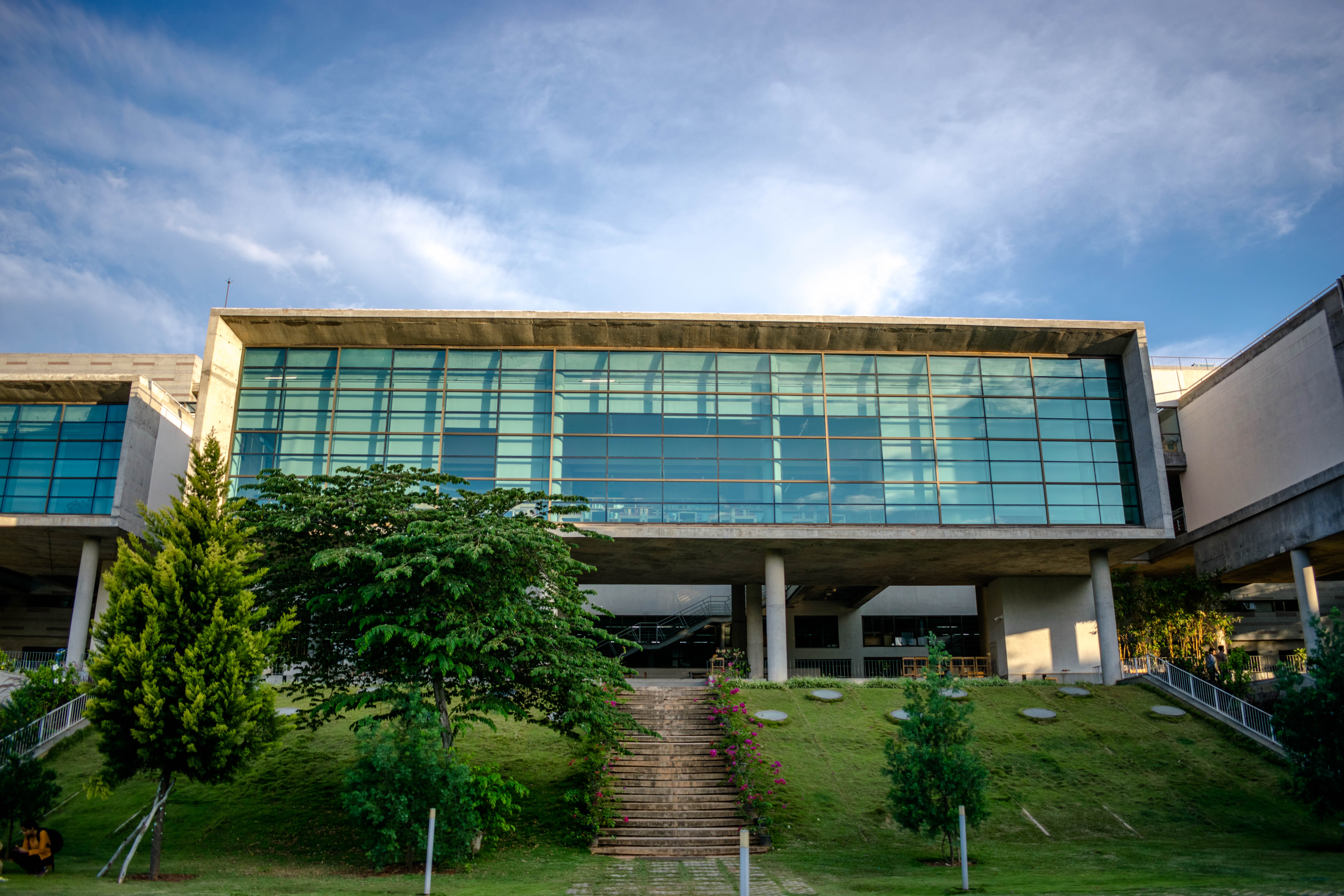In the face of the COVID-19 pandemic, the BLiSC community has been working toward ensuring everyone on campus has the support they require to remain healthy and protected from the mental health challenges that come with this unusual period in our history. There are multiple efforts by individuals and groups, to put in place short-term and long-term systems for assisting the community.
Student volunteers from the National Centre for Biological Sciences (NCBS) and Institute for Stem Cell Science and Regenerative Medicine (inStem) have ensured the establishment of several communication channels and assistance groups for the BLiSC community. This includes an email helpdesk, a campus messaging service, a phone helpline, and a peer support line, which is likely to stay active for the campus in the years to come.
The students have also set up various volunteer groups to address student needs during the lockdown, as well as an ongoing effort to match specific research/ programming/ design skills with various short and long term scientific challenges. The volunteers who have been driving these efforts were keen to help in whatever way they could, and have sustained their efforts which began before the lockdown.
Volunteers have worked to ensure the campus community is following physical safety precautions which have been in place since the pandemic hit India in mid-March. One was team was dedicated to assisting with the equipment and the like that students had to leave behind during lockdown. They worked to ensure progress at work was not lost. Another group has been producing hand-sanitiser for the campus in large quantities. “About to 30-40 litres every week,” said Dyuti Saha, from the team making the sanitiser.
A volunteer on the team coordinating essential needs (food, water, and medicines) for the community, Rishav Mitra, said, “The demand for meals seems to be lower now. People have adjusted to this.” The canteen staff is still working to produce packed meals twice a day which are sent to those living off-campus without access to cooking resources, and contingencies are also in place for this. The new normal seems to have set in, and with it comes more need for other kinds of support. The “Peer Connect” programme is one such method of support, by providing individuals with an anonymous mode of sharing.
The Peer Connect is not a dedicated counselling line, but a way to stave off some of the disconnection people might be feeling while living alone, or in reaction to the conditions they are facing. “We’ve had a few calls so far, it’s nice to have someone to talk to,” said a volunteer. The line is open to the community for conversations in English, Hindi and Kannada. The callers and the volunteers maintain their anonymity, on this channel, and the volunteers have been trained by mental health professionals to know how to escalate any significant issues to the appropriate authority if needed.
The volunteers who have dedicated themselves to the various efforts to ensure the community is coping with the different aspects of the pandemic, and the lockdown have faced a variety of challenges. The process of determining who would be able to handle the demands of the Peer Connect line and undergoing training for those demands was a long process, which required a significant amount of time and coordination. The team working on the hand sanitiser had delays with the materials supply when the state borders were closed. The process of coordinating the deliveries and assistance was set back by changes to the volunteer list, but eventually settled into a rhythm as people came forward and responsibilities were dispensed.
Dr Shannon Olsson has set up a community support chat every weekday called, “Noon Nosh”. It is an informal and fun discussion for anyone in the BLiSC community who wants to join, “It helps me a lot too!” said Shannon. Informal settings such as these offer an open space for people to engage with the people they are accustomed to speaking and interacting with, as well as getting to know acquaintances better.
Another informal and fun session is an online yoga class taught by Ayumi Ladher, an experienced yoga teacher from the community. “I didn't want people to feel lonely and afraid, and yoga can help harmonise the body and mind - which can help with this anxiety. Ayumi also wanted to help connect different people, and help them to relax and de-stress, providing support to the community in the best way she could!
The BLiSC is also part of a partnership between various institutes to develop a website “Covid Gyan”, which provides key and reliable information on the COVID-19 pandemic, from physical safety tips, to diagnostics and more. The aim is primarily to relay science-based information on staying safe during this pandemic, and this includes a section dedicated to mental health and well-being for all users of different ages, and interests!
Under well-being, there are several resources available, ranging from how to keep your anxiety in check, deal with isolation, understand your emotions at this trying time, and more! The CovidGyan initiative is also launching online live sessions with mental health experts: the Sundowner Sessions with Rukmini Chawla Kumar. These provide another opportunity to build community and tackle loneliness at this challenging time.
Every one of these community support initiatives, no matter how small it might seem, helps people to remain anchored to others, and ensure the sense of isolation many are experiencing is reduced.
Image credit: Ravi Kumar Boyapati










0 Comments